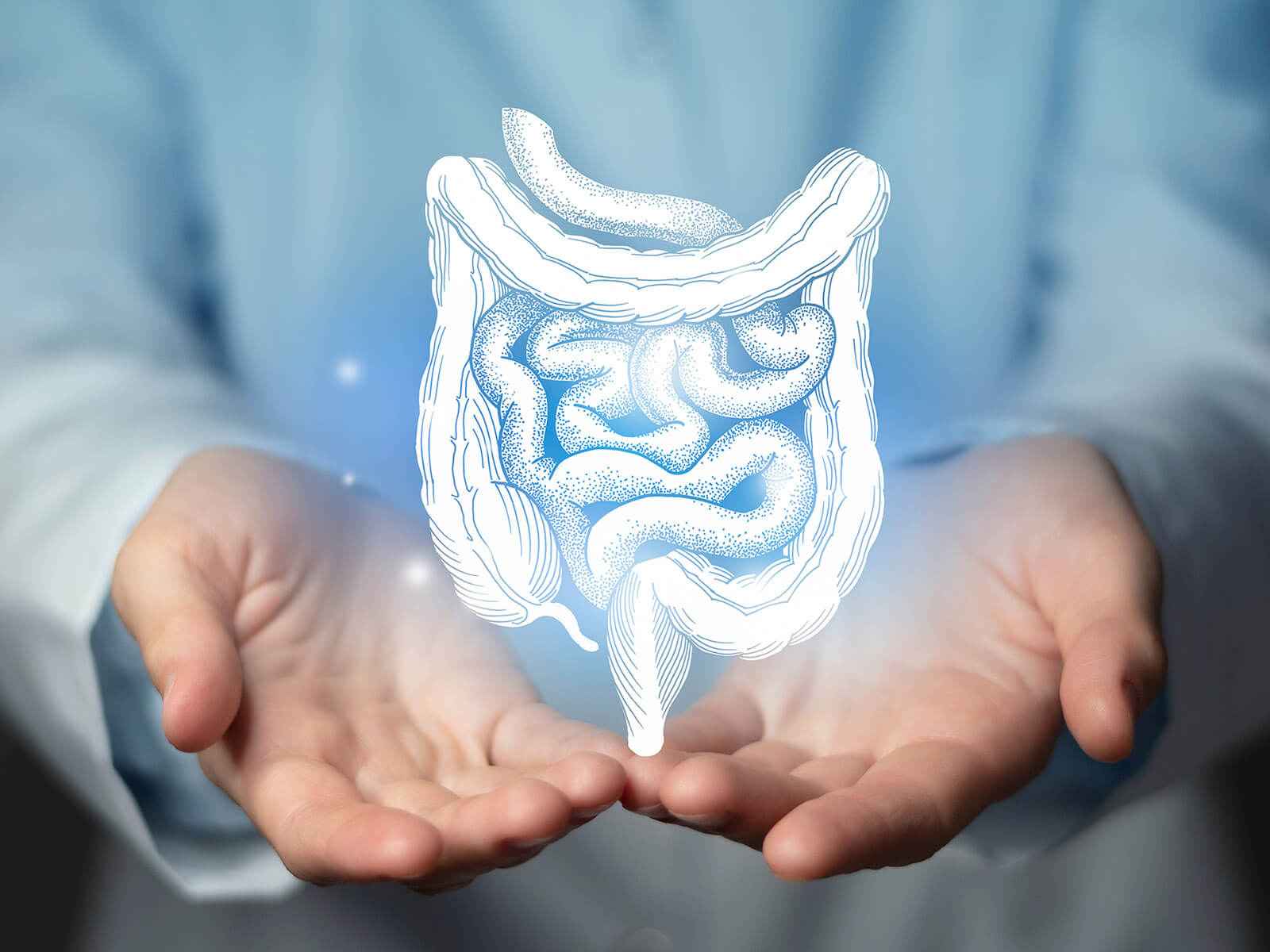
Tubular adenomas are benign growths in colon mucus. Although they are not cancer, they may gradually turn into cancer in case they are not removed. They are usually detected by doctors when they are conducting a normal colonoscopy. They may also be referred to as tubular adenoma of the colon (ICD-10 D12.0). They can be seen in fragments under the microscope and be characterized by low-grade dysplasia, i.e. mild changes in cells.
The majority of individuals having tubular adenomas do not demonstrate any symptoms. When the symptoms manifest, you can have:
No one is sure of the cause of tubular adenoma formation, but there are some reasons that increase your risk:
Our team of gastroenterologists, which is board certified, at GastroDoxs in Cypress concentrates in detection and excision of tubular adenomas early to thwart the development of colon cancer. We hereby involve the future state-of-the-art endoscopic technology, easiness of communication, clarity in communication explaining your results, ICD-10 code, D12.1 and the follow-up plan made personal. Since the very moment you enter the premises, the team at our facility is concerned about your comfort and long term health of the stomach.
We've successfully treated more than 48K patients, helping individuals improve their digestive health and overall well-being through expert, personalized care.
With over 20 years of experience, GastroDoxs has been a trusted provider of gastroenterology care, focusing on delivering the best outcomes for patients
ICD-10 D12.0 colon Tubular adenoma.
Yes. Tubular adenoma can also progress to high grade dysplasia and the condition will ultimately result in colorectal cancer in case the problem is not treated.
Small pieces of tissue of a removed polyp are called fragments and are analyzed through a microscope to verify in diagnosis, as well as verify the existence of any abnormality of cells.
Low grade dysplasia is defined as the intense abnormal development in the cells of the adenoma which is the pre-cancerous activity that is present in the initial stages, but not the cancerous one.
The tubular adenoma is non-symptomatic. A colonoscopy is the only way through which they can be diagnosed and detected.
The majority of patients have to undergo follow up colonoscopy after every 3 to 5 years, depending on the number of polyps, their size and pathology that is removed.
No. Hyperplastic polyps are relatively benign and non-cancerous. Malignancy of tubular adenoma must be removed.
Yes. The diet offering low-fat and plenty of vegetables and fruits can help you prevent the development of adenomas.
Yes. The development of new adenomas can occur with age; this is why it is significant to take into consideration regular surveillance colonoscopy.
GastroDoxs Jersey Village is the best option in terms of the colon health care provider that offers safe same-day polyp removal and sufficient follow-up.